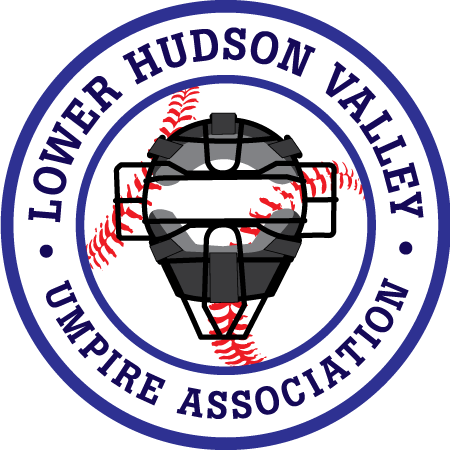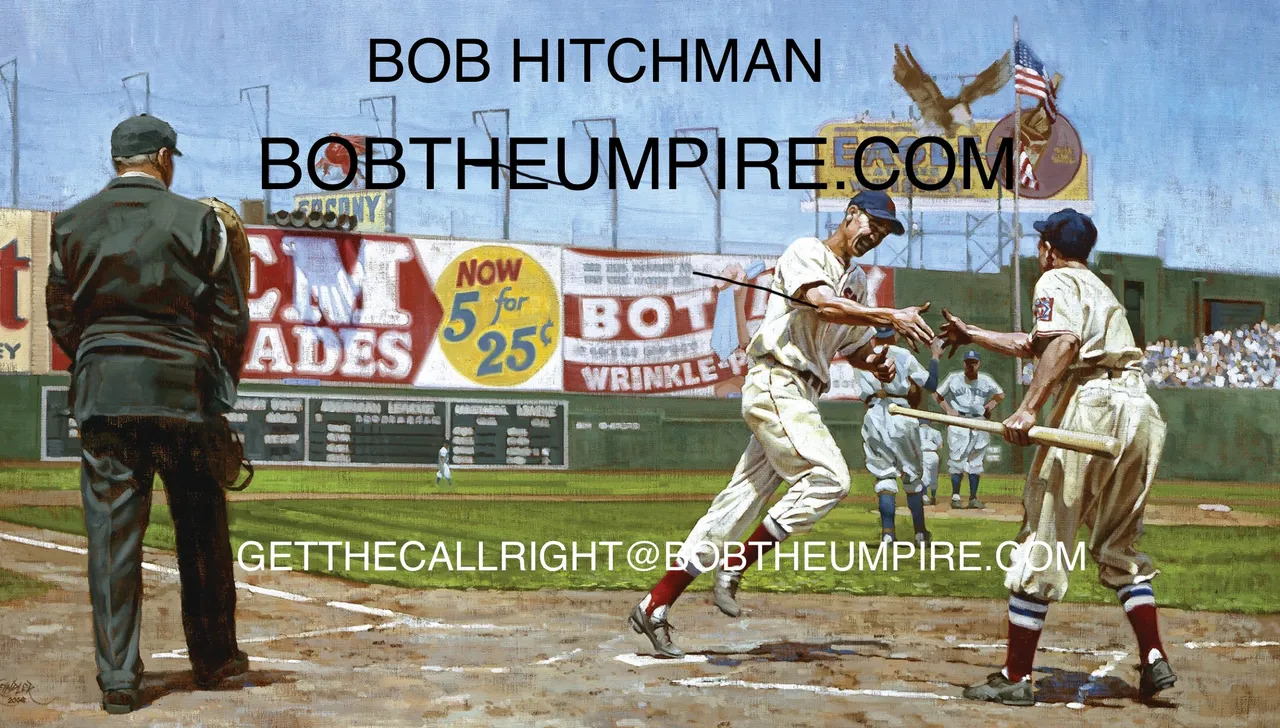By Robert Hitchman
Interference or obstruction. Intent or no intent. Good luck explaining that to coaches. I had a 15 or 16U game a few years back. While this was not a high school game, we were playing under federation rules. The situation was at least a man on second, 2 outs, and infield playing normal depth. Pop-up on the infield grass that the third baseman had to come in on. As he’s slowly coming in, the runner from second does not try to avoid him but actually bumps into him. In my judgement, that bump, while not malicious, caused him to drop the ball. Seeing this, before the play is over, I hold my fist out to the side indicating delayed dead ball. Soon as I see him drop the ball, I call the runner out for interference, and the inning is over.
Of course, the offensive coach was upset and had something to say. His contention was the fielder came into the baserunner’s path. He also said there was no intent. I explained that intent has nothing to do with this play. The fielder has the right to field the ball. It is up to the baserunner to run around him. If the fielder was not involved in the play and got in the way of the runner, then there might have been a different outcome. After I let him have his say, the coach walked off the field.
FIGHT FIRE WITH WATER
About an inning or so later the coach came to me between innings and respectfully asked for a more detailed explanation. In light of how he asked me, I was happy to oblige him. While I didn’t quote the rule[i] verbatim, I calmly explained my call. My point is this. While the coach was upset, he didn’t come out with his hair on fire. But even if he did, we as umpires shouldn’t react in kind but, rather, respond as calmly as possible. I believe there’s an ancient Hebrew proverb that says, “A gentle answer deflects anger, but harsh words makes tempers flare.” Sometimes we do have to raise our voice. I believe, however, we need to keep that to a minimum. When we can’t avoid an argument, we still need to de-escalate as much as possible. One of the most nonsensical phrases, in my opinion, is, “I fight fire with fire.” I’ve never seen or heard of firemen pulling up to a burning building and spraying fire on it. NO, they use water to put out the fire!
Like I said, sometimes you have to get loud. But let’s face it, the Billy Martin/Earl Weaver type managers and coaches are far and few between these days. And we as umpires, or any sports official, shouldn’t be trying to bring them back. Again, a knowledgeable, soft answer given with respect, will usually put out any fire.
[i] NFHS Baseball Rule 8-4-2c: Any runner is out when he does not legally attempt to avoid a fielder in the immediate act of making a play [on him]

Robert (Bob) Hitchman has only been umpiring for about seven years in Rockland and Westchester counties, NY and Northern New Jersey, but has played high levels of baseball including college ball in California and pro ball in Mexico. He does primarily travel ball, adult leagues, HS and soon to be NCAA certified. He also does some freelance writing for Referee Magazine.

